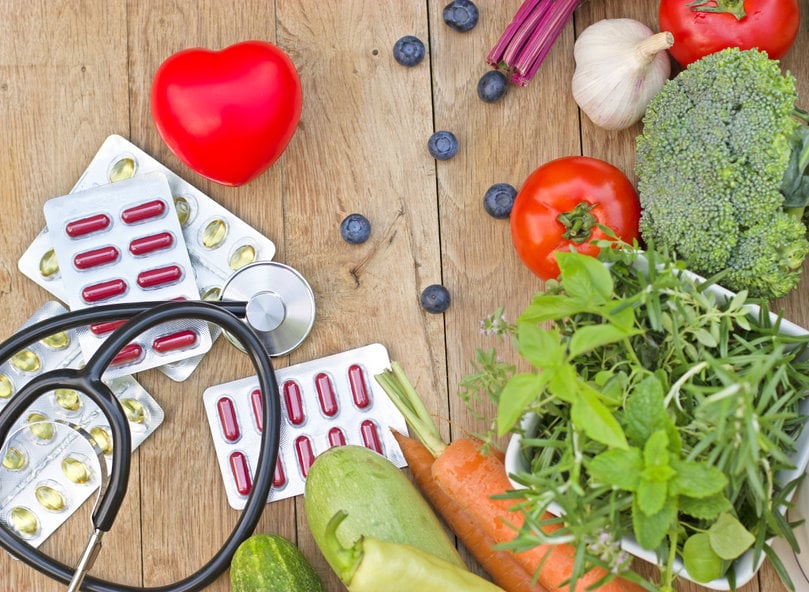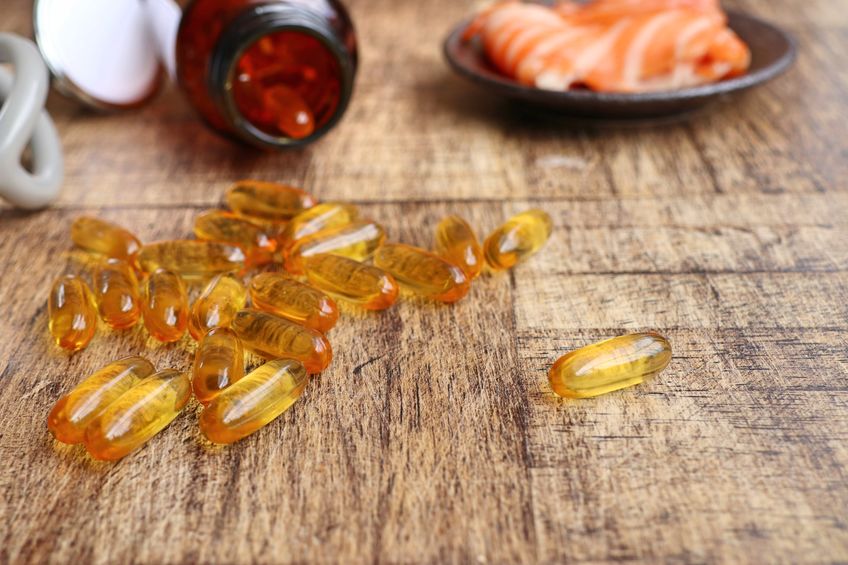Determining The Best Source For Nutrients
Most people know that good nutrition is essential for staying healthy. Generally, getting vitamins and minerals from food is preferable to relying solely on supplements. The caveat is that some life events such as pregnancy or being elderly do benefit from incorporating a supplement. But people often aren’t sure which food source is the best, especially with fruits and vegetables. The age-old question centers around which form, fresh, frozen, or canned, is best from a nutrient perspective.

The case for veggies over supplements
Unlike medications or foods, the Food and Drug Administration (FDA) doesn’t regulate supplements. In theory, a person could consume a supplement with unproven or dangerous ingredients that could do more harm than good. Supplements that have been tested by third-party organizations like USP ConsumerLabs, the quantities of nutrients can be either too high or insufficient. Over time, consuming vitamins outside of the recommended daily amounts can create unexpected health problems. What’s more, research has consistently shown that nutrient intake from supplements didn’t reduce mortality risks from serious disease or illness, unlike food-based nutrients.
The reality about fresh produce
Fresh fruits and vegetables have the highest nutrient concentration compared to frozen or canned produce. But this statement is dependent upon when in the life cycle a plant is harvested. Often, plants are harvested before fully ripening to prevent spoilage. Produce can be stored anywhere from a few days to as long as 12 months before arriving on grocery shelves. While convenient for farmers and grocers, picking produce too early means the fruit or vegetable hasn’t reached full nutrient capability.
The case for frozen produce
Unlike fresh produce, fruits and vegetables earmarked for the freezer are picked at peak ripeness. The time between picking, processing, and freezing is significantly shorter, with few to no chemicals used before the produce is frozen. As a result, frozen fruits and vegetables tend to have a higher nutritional value. Usually, fewer nutrients are lost during the freezing process. Vegetables usually are blanched to kill bacteria before freezing and as a result, water-soluble nutrients like vitamins B and C may be lost. However, research suggests that frozen vegetables have more antioxidants.
So which option is better?
While frozen produce can sometimes edge out fresh fruits and vegetables for certain minerals or vitamins, the consensus is that regardless of whether a person opts for frozen or fresh produce, either option is preferable to relying on supplements as a sole source of nutritional sustenance. Experts agree that a mix of fresh and frozen is perfectly fine and will still be more than sufficient to support the average individual’s nutritional needs.
RECENT
ARTICLES



Our Patients Say
We pride ourselves on providing exceptional customer service to our community. Here are a few things that the community is saying about us.
Convenient and quality service. Ive never had my prescriptions filled quicker and the pharmacist took the time to tell me about what I was taking.
Excellent experience! Friendly, knowledgeable staff!
I have been a customer since they opened. Julie and Hiten have both treated me with the utmost respect and have always been ready to take care if my needs with a smile




